35+ Sample Travel Budgets
-
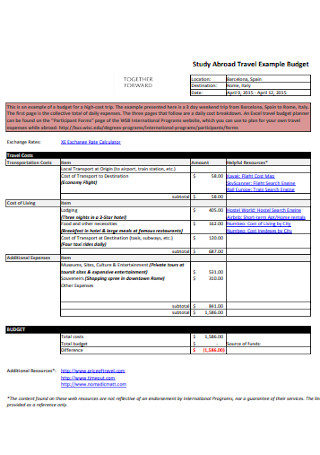
Study Abroad Travel Budget
download now -
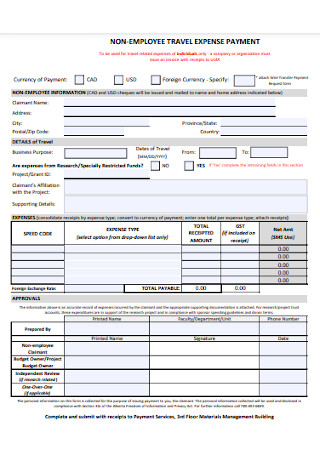
Non Employee Travel Budget
download now -
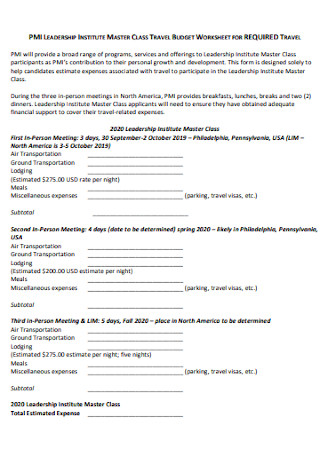
Master Class Travel Budget
download now -
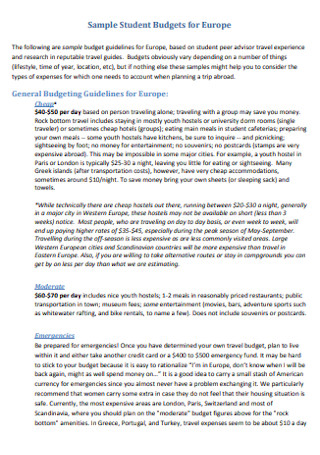
Sample Travel Student Budgets
download now -
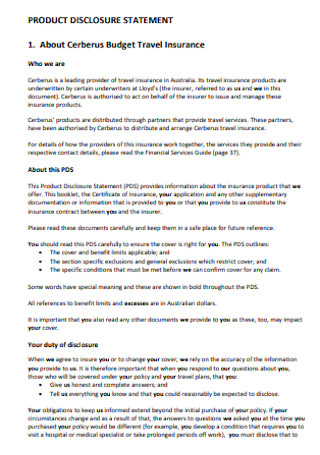
Travel Insurance Budget
download now -
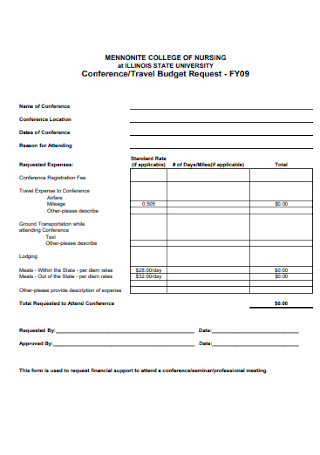
College Travel Budget Template
download now -
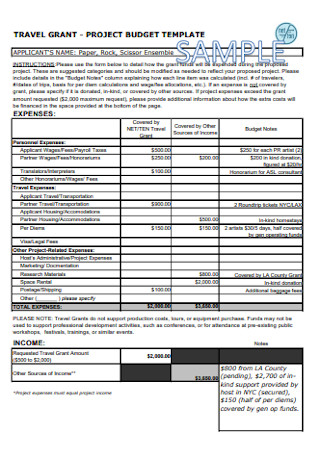
Travel Grant Budget Template
download now -
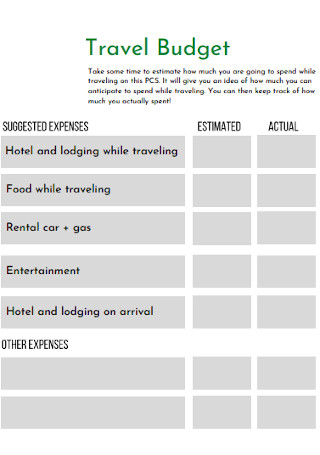
Travel Budget Format
download now -
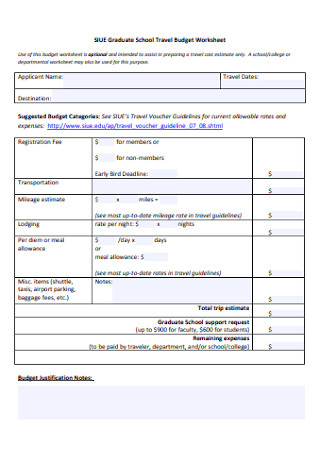
Graduate School Travel Budget Worksheet
download now -
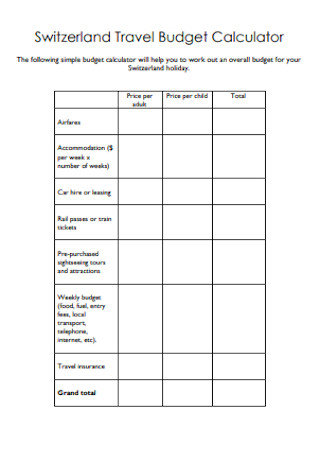
Travel Budget Calculator Template
download now -
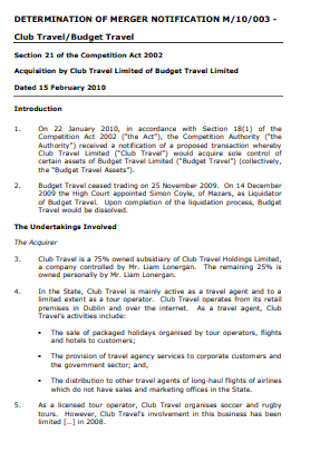
Sample Travel Budget Template
download now -
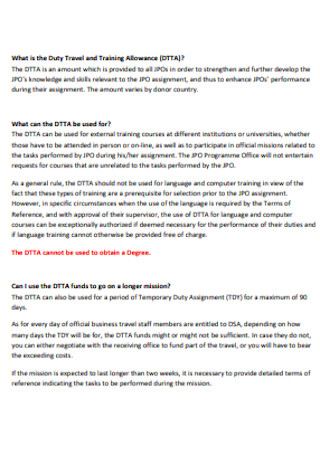
Travel and Training Budget Template
download now -
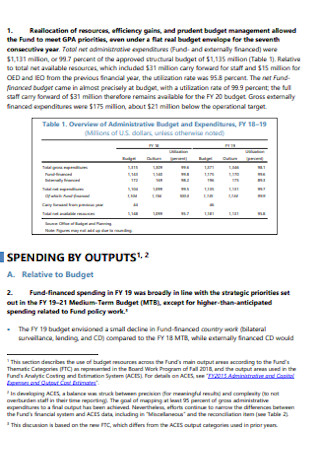
Travel Cost Estimate Budget
download now -
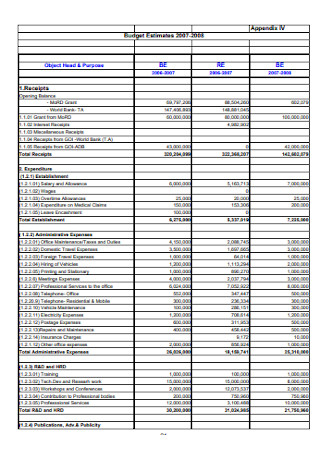
Budget Estimate for Travel Template
download now -
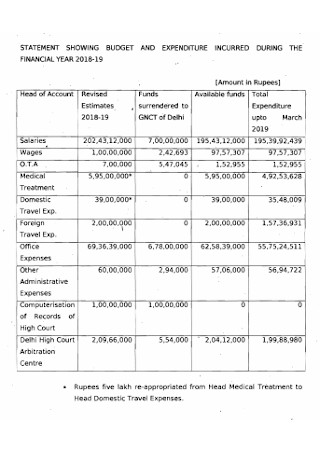
Travel Budget Statement Template
download now -
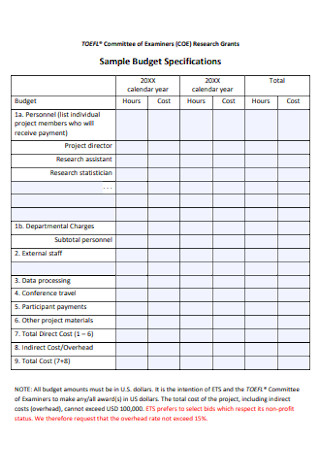
Sample Trval Specifications Budget
download now -
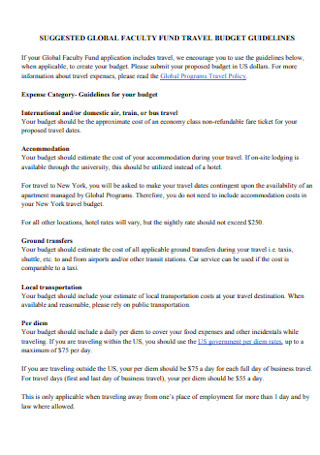
Faculty Fund Travel Budget
download now -
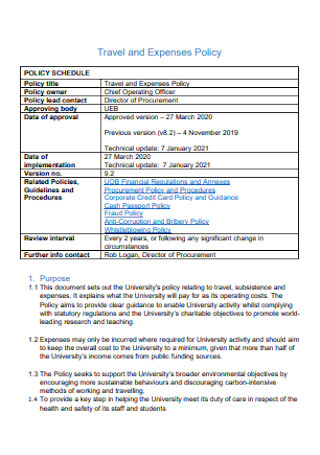
Travel and Expenses Policy Budget
download now -
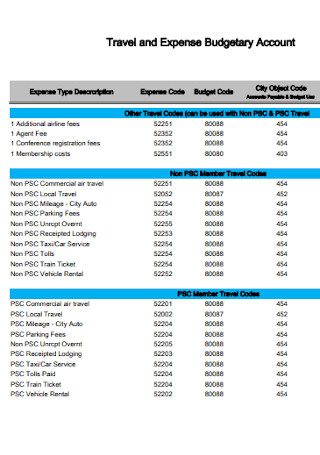
Travel and Expense Budget
download now -
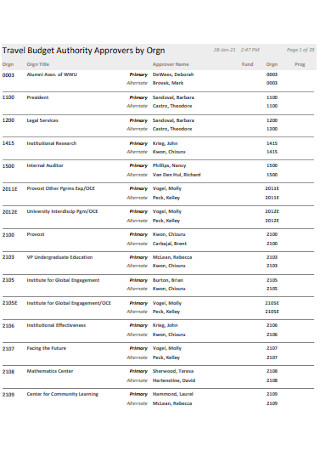
Travel Budget Authority Template
download now -
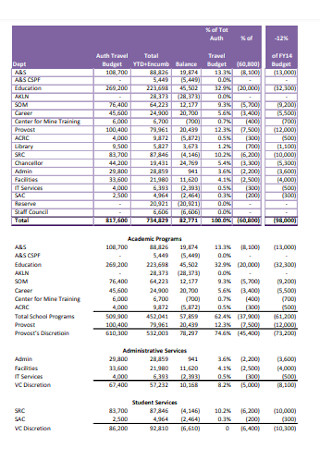
Basic Budget Budget Template
download now -
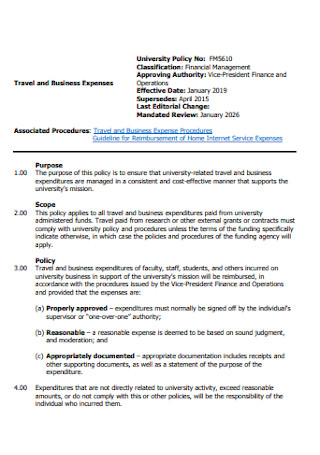
Travel and Business Budget
download now -
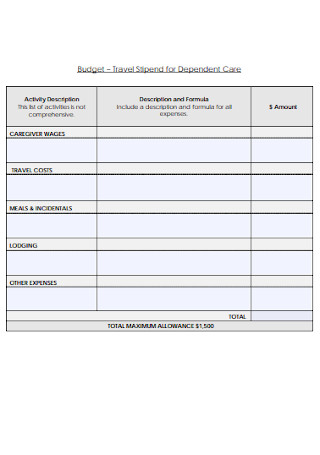
Travel Stipend for Dependent Budget
download now -
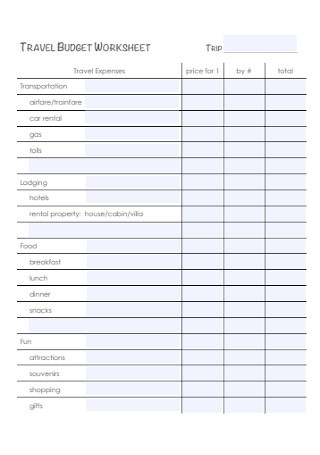
Travel Budget Worksheet
download now -
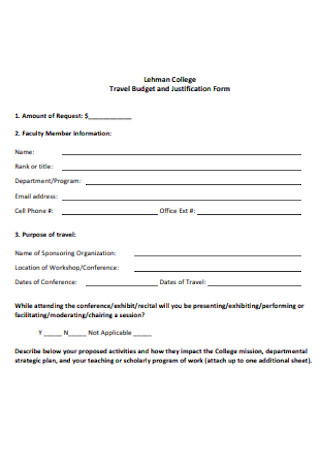
Travel Budget and Justification Form
download now -
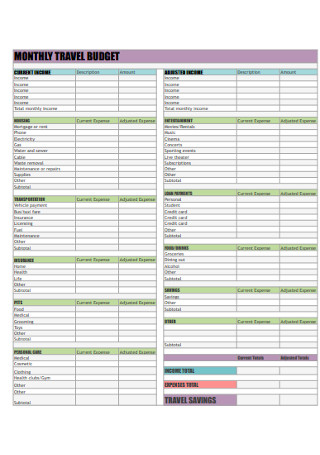
Monthly Travel Budget Template
download now -
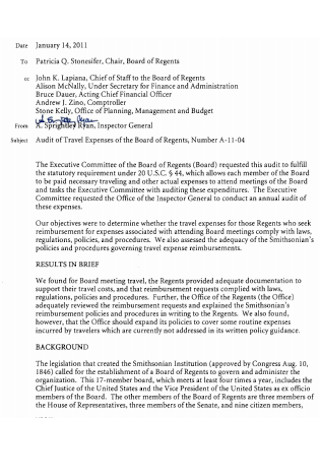
Travel Expenses Budget Template
download now -
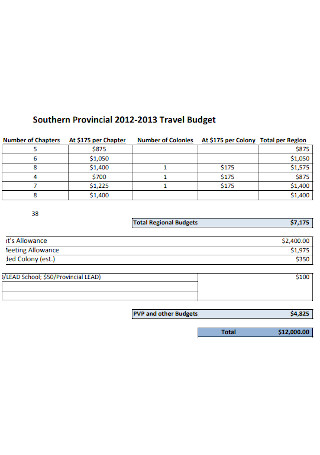
Sample Provincial Travel Budget
download now -
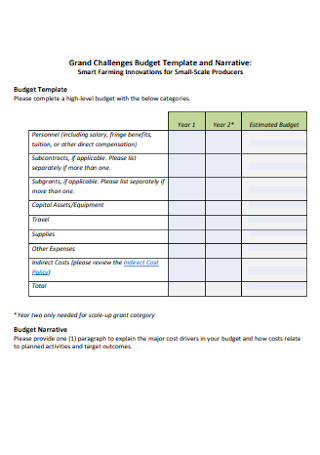
Grand Traverl Challenges Budget Template
download now -
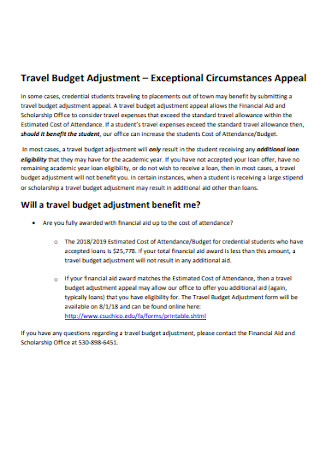
Travel Budget Adjustment Template
download now -
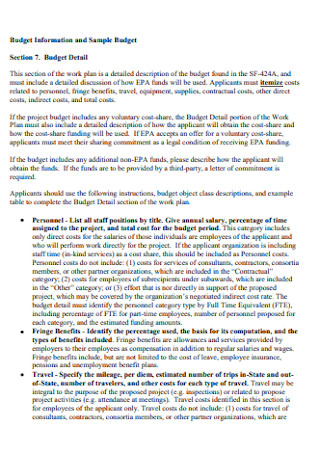
Sample Travel Information and Budget
download now -
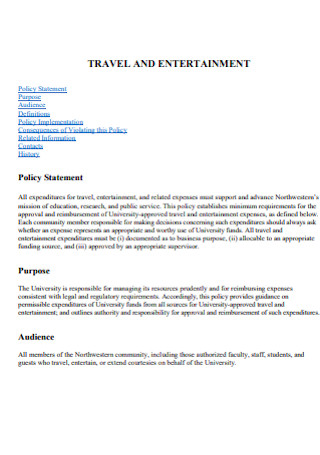
Travel and Entertainment Budget
download now -
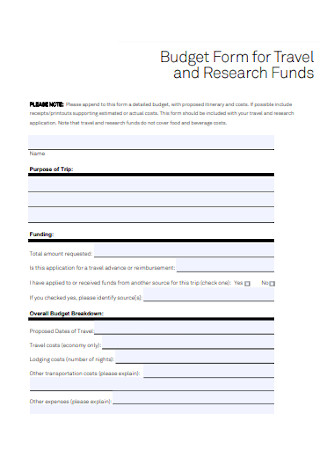
Budget Form for Travel Template
download now -
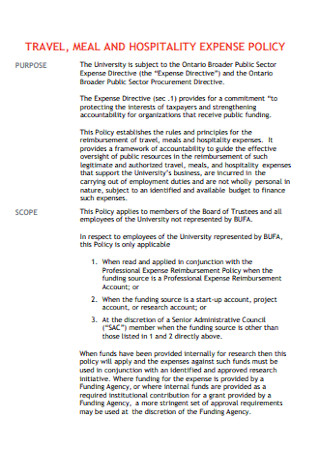
Travel Meal Budget Template
download now -
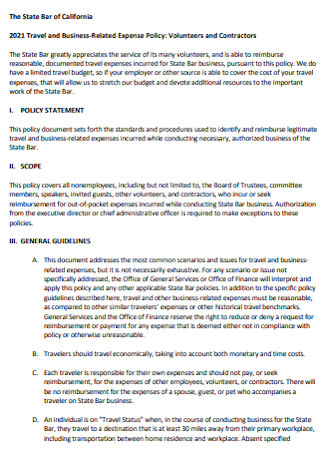
Travel and Business Expenses Budget
download now -
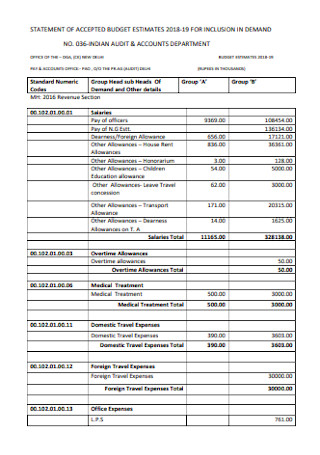
Travel Audit Budget Template
download now
What Is a Travel Budget?
A travel budget serves as a guide in managing your money during your travel. It includes possible travel expenses during the trip or vacation. A travel budget estimates values and classifies them into different categories. Most travel budgets are made taking into consideration the itineraries of a trip. It is also efficient to create a budget before booking trip tickets. It ensures that the budget you prepared will be cost-effective and align with the initial budget in mind. A travel budget can be written on a piece of paper or noted on your phone or laptop. Ensure that the budget is accessible to you at all times.
The United Nations World Tourism Organization (UNWTO) estimates 1.4 billion in international tourist arrivals in 2018. It correlates to people traveling both for business and leisure purposes. Travel is a significant factor in an individual’s life.
Elements of a Travel Budget
A travel budget is commonly in the form of a table. It details the expenses of specific expenses grouped in various categories. Each category corresponds to a total expenditure that is part of the trip’s itinerary. Here are the basic information found in a travel budget.
Steps in Planning a Travel Budget
After knowing the information to include in your budget, you must know how to create your own. Know what to incorporate in your budget, depending on the destination that you choose. Here are the steps to planning your travel budget.
Step 1: Create an Initial Budget
In creating an initial budget, determine what you can afford. Gauge how much money you have available for a vacation. Settle on a specific budget and stick to it. It is also advantageous to ask friends and family that have traveled to the same place. Knowing about the expenses from people close to you will help plan out the essentials for your trip. It’s also necessary to research the destination and what it has to offer on trustworthy websites.
Step 2: Budgeting For Basic Expenses
Basic costs include transportation, lodging, food, and travel insurance. It is best to determine the method of transportation, comparing prices for travel. Weight out the options of each and consider how much you’ll spend. When you reach your destination, consider taking public transport as it is easier and cheaper than renting a car. There are taxis, ride-sharing services, local buses, and trains that go around cities. Accommodation expenses vary depending on what you’d need. If your destination attracts plenty of tourists, chances are plenty of lodging options are available. Keep in mind that food expenses vary in different places, and research is the best way to determine prices. Travel insurance is made available through online websites, even at airports.
Step 3: Budget for Extra Expenses
Attractions, entertainment, and souvenirs comprise extra expenses. Sightseeing is the most common activity done by travelers. Most parks and museums have free admission, but some require entrance fees. Make sure to set aside a part of your budget for this. If you’re traveling for a show and amusement, remember to arrange your budget accordingly. Souvenirs and gifts are also a part of the budget. Make sure that the prices you include are accurate as prices may fluctuate in peak seasons.
Step 4: Consider Budget Travel Planning
Budget travel plans are a good solution if you are tight on budget. Save up some money if you’re planning to travel in the future. Set a target date and budget to make sure you achieve your goal. It’s beneficial to know about foreign exchange rates as well. Converting cash into local currency has a direct impact on your budget. Follow trends of the exchange rates to make sure your budget aligns. If you’re a fan of travel tours, consider an all-expense-paid deal. Vacation packages are offered year-round by tour agencies. Ensure that you are getting the best deal if you’re planning to avail of travel packages.
FAQS
Is it possible to travel on low budgets?
According to an article published by Forbes, 74% of people are in debt because of vacation fees averaging at $1108. Individual travel looks expensive because of the number presented. However, it is possible to travel on low budgets. The secret behind this is planning. Planning is disregarded when the vicinity of travel is nearby. However, if you are considering a long trip or vacation, planning should be the top priority. It’s impossible to enjoy a trip when you are trying to make ends meet because of a lack of preparation. Make sure that you appropriate your budget to the activities that you wish to do. It’s helpful to research thoroughly and stick to the budget that you have.
What is the cheapest month and place to travel?
According to skyscanner.com and the data they collated from their website, the cheapest flights occur in January, February, and September. According to the website, airline companies make flight transactions cheaper during these periods to attract individuals and groups to take trips before peak seasons. Due to the pandemic, prices for travel plummeted. It’s also affected many places around the world. In an article published by Forbes, one of the cheapest places to travel currently is Atlantis, Paradise Island in the Bahamas, and the resort has rates that range from $169 to $300. It’s always beneficial to keep these in mind. Also, some websites help you look for the cheapest flight and the cheapest lodgings available throughout the year. Despite the low prices, make sure that they align on the dates that you want to travel.
What is the importance of traveling?
Travel opens up new experiences and knowledge about various places around the world. It’s a chance to encounter a different culture compared to what you are accustomed to. Through traveling, we discover unique cuisines. A country’s cuisine represents its diversity, and the local food represents its people. Traveling improves our health. People who travel often have active lifestyles. It also broadens understanding of diverse languages and cultures. It’s also proven to lower stress levels, leaving you to feel healthy and rejuvenated. Another benefit you get from traveling is self-development. It enhances personal growth and enables you to do things out of your comfort zone. It helps you to learn not only about your surroundings but yourself as well. Each journey allows you to discover yourself, bringing out your strengths, weaknesses, values, and morals. Travel also allows us to acquire factual knowledge. There are things that books alone cannot teach us. When we travel, we have real-life experiences about economics, history, and geography. Finally, traveling allows you to meet new friends. It enables you to develop friendships and connections with various people from around the world.
Travel still appears to be a leisure activity. However, traveling not only brings out unforgettable experiences. It allows individuals to learn about diverse cultures and traditions only witnessed in books, pictures, or videos. The first step in traveling is planning. Plan where you go, what you do, and what you bring. It’s essential to set up a budget that would allow you to enjoy your stay in a different destination. Having a budget helps you tally expenses and adjust the money you have accordingly. In the words of George Washington, “We must consult our means rather than our wishes.” Remember that staying within your funds doesn’t mean you miss out on a wonderful experience. Plan your next vacation trip with a practical travel budget now by using the samples above.
